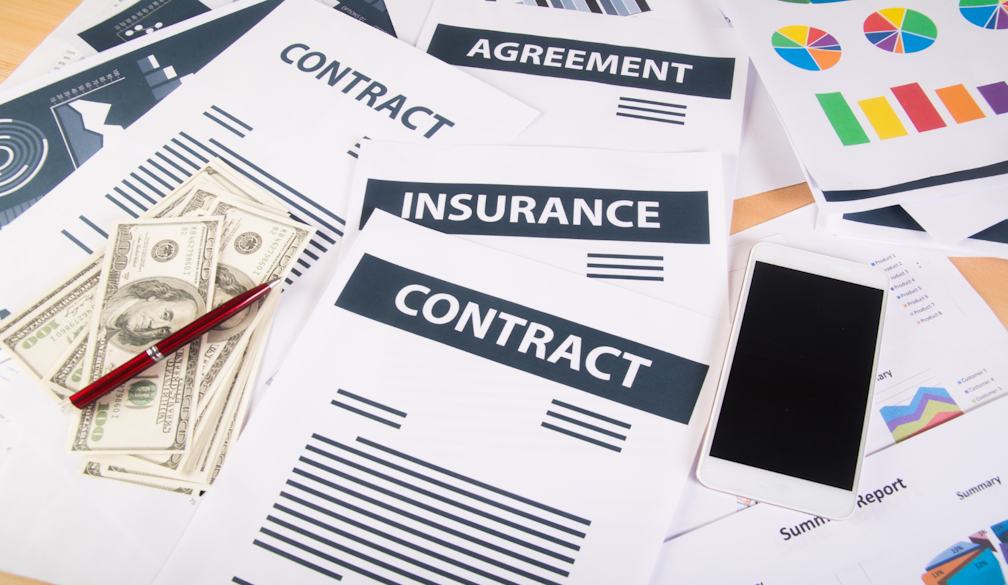The Role of Collateral in Securing Business Loans

Securing a business loan can seem like an uphill battle as lenders carefully weigh risk versus reward. As an entrepreneur seeking capital to fuel growth or manage cash flow, understanding how collateral impacts lending decisions is crucial.
While passion and vision are important attributes, lenders want reassurance that their investment is protected. This is where collateral comes in. By using business assets like equipment, inventory, or commercial property to secure financing, entrepreneurs open pathways to capital that may have otherwise been closed.
In this article, we will explore the role of collateral when applying for business loans in Australia, as well as define the different collateral options available to small business owners. By gaining insight into the collateral requirements and process, you can strengthen your business loan application and take another step towards obtaining the capital needed to help your company succeed.
Understand what collateral is and why lenders require it
When it comes to securing business loans in Australia, collateral plays an integral role in the lending process. Simply put, collateral is an asset pledged to a lender as security for a loan. This can come in various forms, such as real estate, equipment, inventory, or accounts receivable.
Lenders require collateral to mitigate their risk in case the borrower is unable to repay the loan. By having collateral, the lender has something to seize and sell to recover their losses in the event of default.
As a business owner, it's important to understand what counts as collateral and how it affects your loan application. While it's not always necessary to provide collateral, borrowers who offer it are often able to secure lower interest rates and higher loan amounts.
Common types of collateral for business loans
1. Property
This includes both commercial and personal properties such as real estate, land, and buildings. These assets hold great value and can be used to secure large amounts of financing from lenders. The value of a property is usually determined by an appraisal conducted by a professional.
2. Equipment
Many businesses rely on expensive equipment to operate, which can range from heavy machinery to office computers and furniture. In case of default on a loan, this equipment can be repossessed by the lender and sold off to recover any losses incurred.
3. Accounts Receivable
This refers to any outstanding invoices or payments that your clients owe you for goods or services rendered. Lenders may accept accounts receivable as collateral if they have high enough credit quality or if they have been insured through invoice factoring companies.
4. Inventory
If your business deals with tangible goods, then inventory could be used as collateral for a business loan. However, it's important to note that inventory loses its value over time and may not always be considered an ideal form of collateral.
Tips for choosing strong collateral
When seeking a business loan, choosing the right collateral can make all the difference. With so many options available, it can be overwhelming to know which assets will be sufficient to secure your loan. It's important to consider both the value of the asset and its liquidation potential.
A valuable asset will help prove your creditworthiness, while an asset that can be sold quickly and easily will make it easier for the lender to recoup their investment if necessary. Additionally, make sure the asset has a clear title to avoid any legal complications down the line.
In the end, thoughtful consideration and expert advice can help you make the right choice and secure the funding necessary to grow your business.
Ways to strengthen your collateral
When it comes to applying for business loans in Australia, having strong collateral is essential. Collateral serves as a safety net for lenders in case the borrower defaults on their loan.
So, how to ensure your collateral is strong enough? One way is to keep it in good condition by conducting regular maintenance and upkeep. Another is to have current appraisals on file in order to accurately reflect the value of your assets.
And, of course, having adequate insurance coverage is crucial to protect your assets in case of unexpected damage. By implementing these measures, you can strengthen your collateral and increase your chances of being approved for a business loan.
Alternatives when collateral is limited
When it comes to applying for a business loan, collateral is often an important consideration. However, not all business owners have the luxury of possessing the required collateral to secure a loan.
In such cases, personal guarantees can be a viable alternative. This option involves pledging personal assets, such as a home or car, as collateral. For those who are not keen on this approach, alternative collateral types can also be explored. Examples of such collateral include equipment, inventory, or accounts receivable.
In addition, there are SBA-backed loans available to small business owners who may not have sufficient collateral. SBA loans are government-backed, meaning that the government guarantees a percentage of the loan amount, which can make it more accessible to businesses without significant collateral.
Developing a collateral package lenders will accept
When applying for a business loan, it's crucial to have a strong collateral package that lenders will accept. This includes a detailed contents list of all collateral being offered, as well as supporting documentation to back up the value of each item.
But it's not just about having the right paperwork - preparing for a collateral inspection should also be a top priority. Lenders will expect to inspect all collateral being offered, so it's important to have everything organized and in good condition.
By taking the time to develop a comprehensive collateral package and preparing for an inspection, you increase your chances of getting approved for the loan your business needs to succeed.





